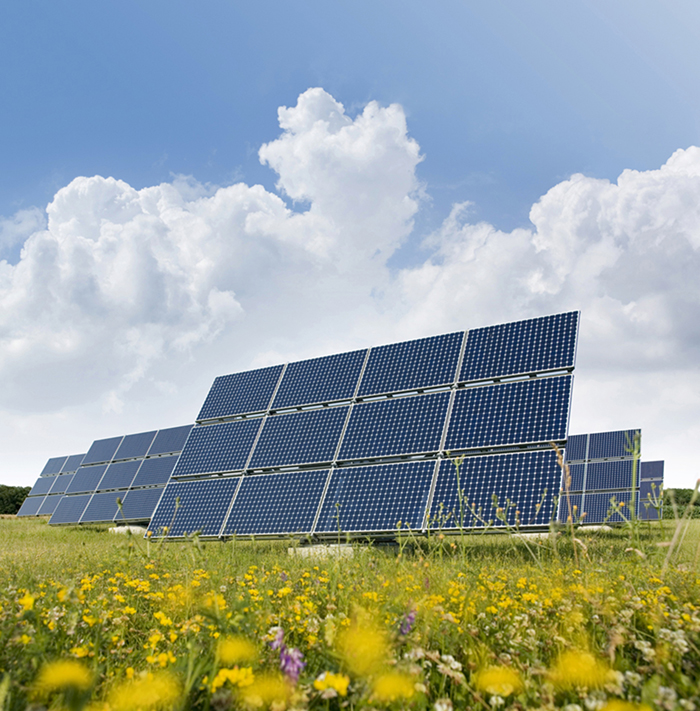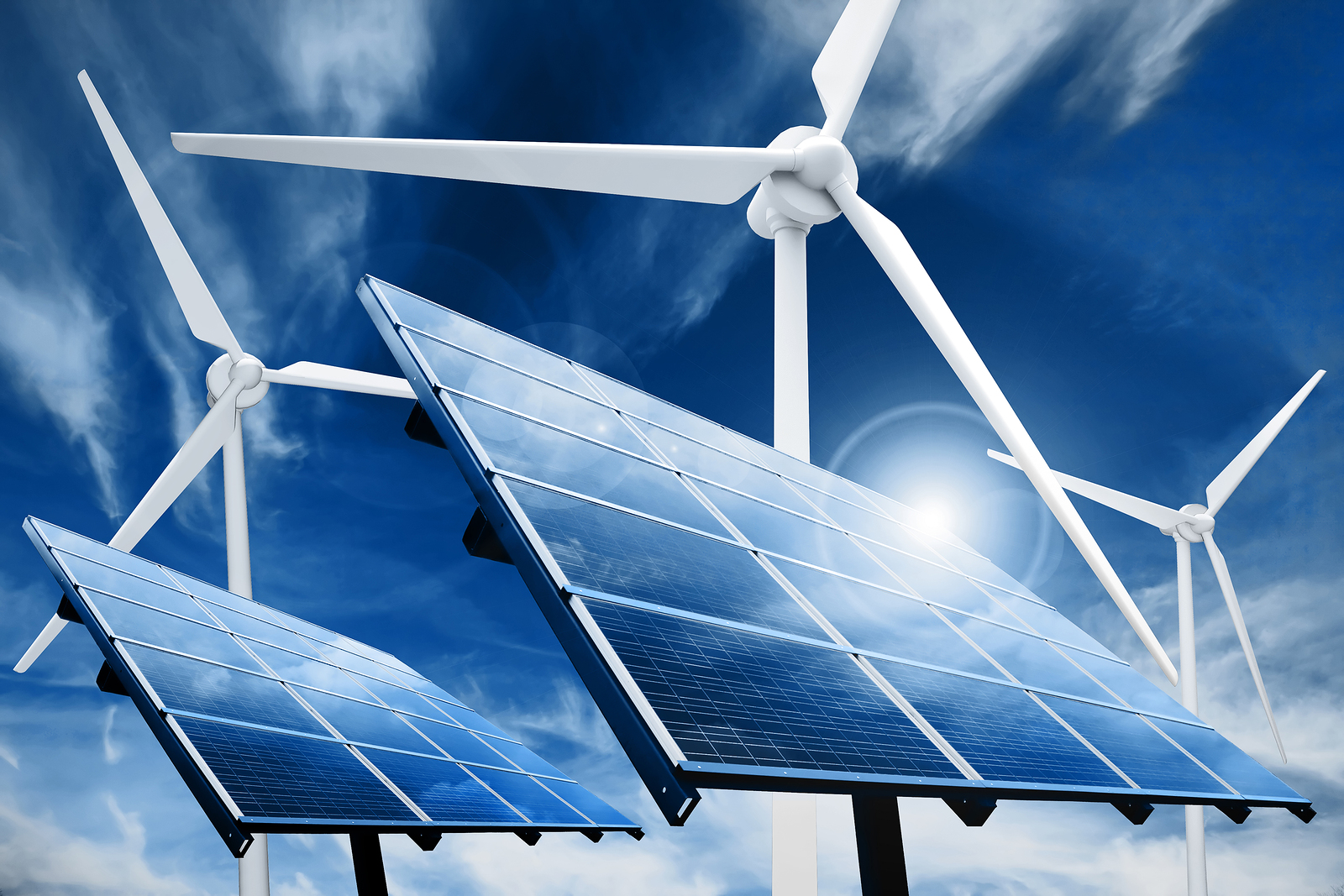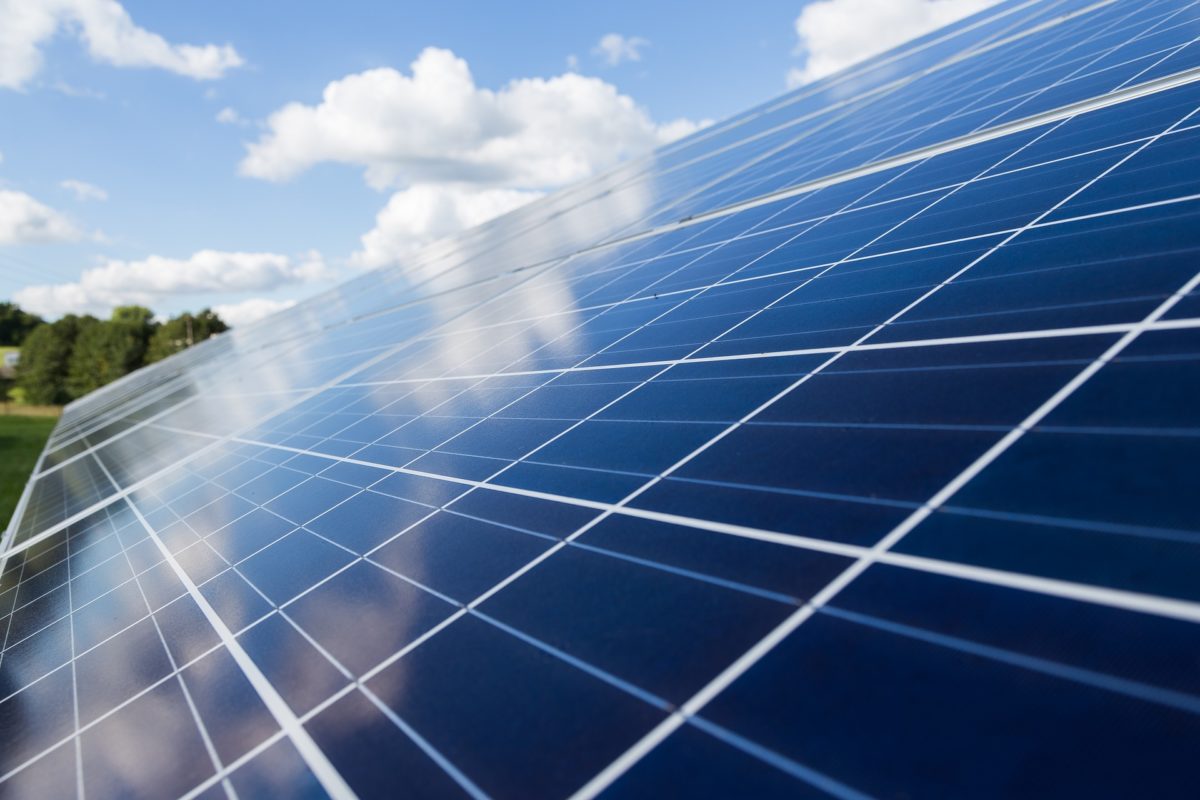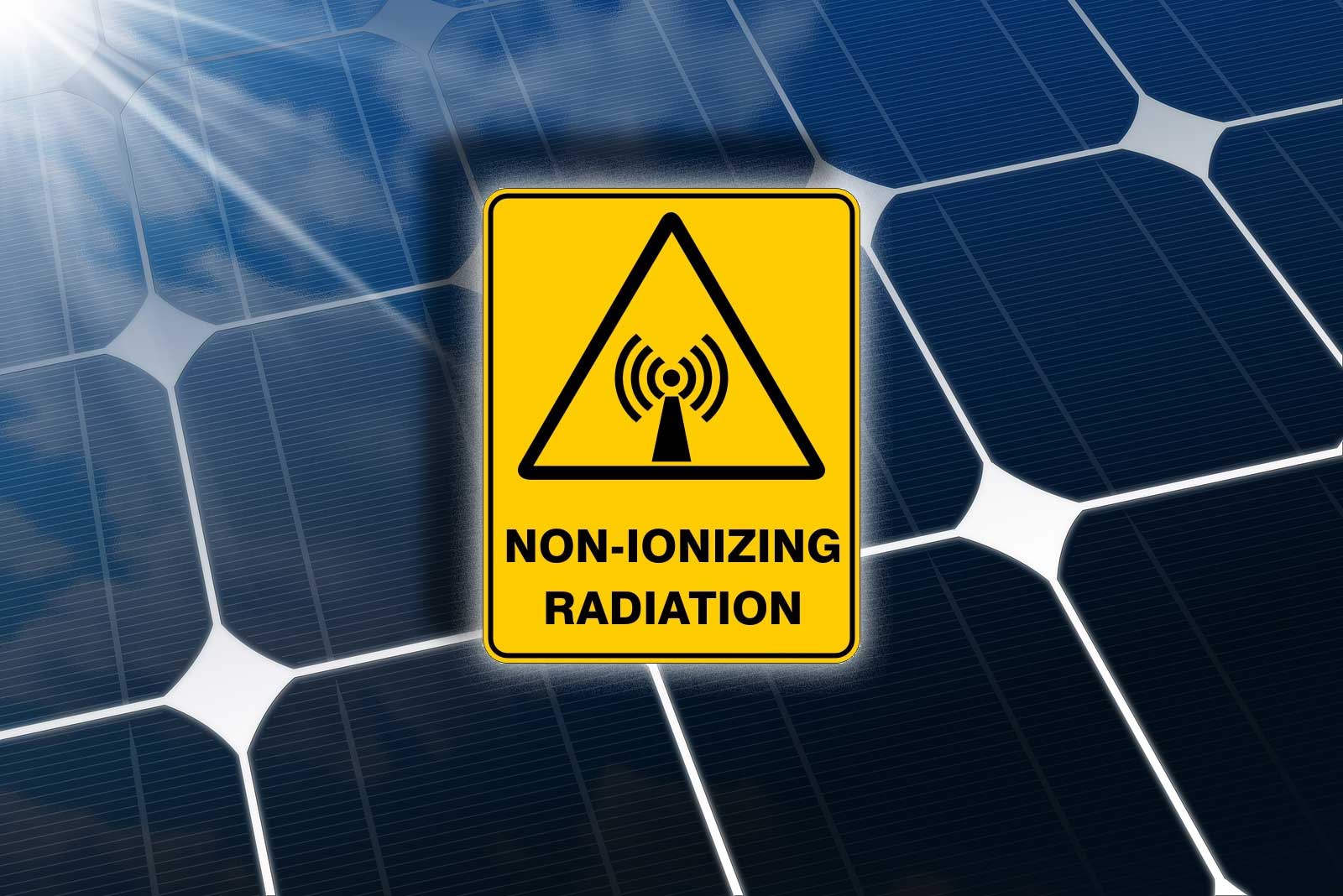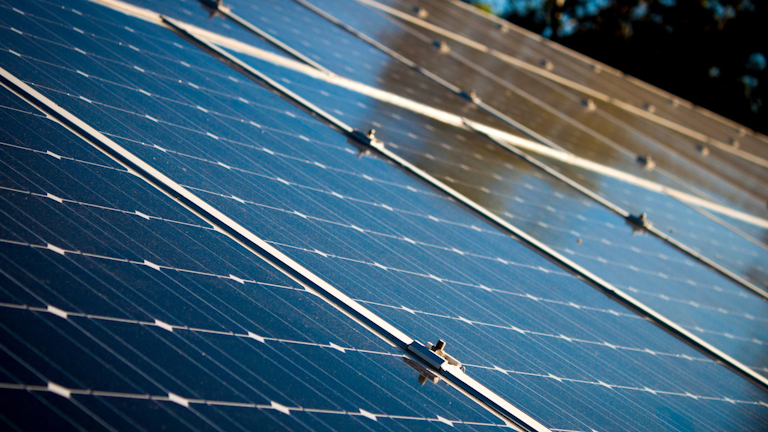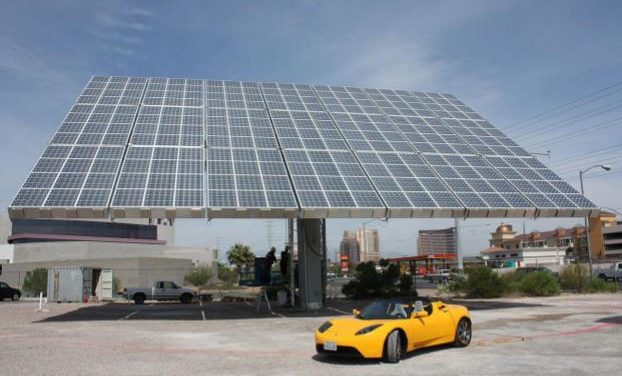The international renewable energy agency estimated that there were about 250 000 metric tons of solar panel waste in the world at the end of 2016 and that the figure could reach 78 million metric tons by 2050.
Do solar panels make radioactive wastes.
Solar photovoltaic panels whose operating life is 20 to 30 years lose productivity over time.
Stanford magazine also points out that solar energy has a higher carbon footprint than wind and nuclear energy.
Law producers are required to ensure their solar panels are recycled properly.
There aren t enough places to recycle old solar panels and there aren t enough defunct solar panels to make recycling them.
The problem of solar panel waste is now becoming evident.
If solar and nuclear produce the same amount of electricity over the next 25 years that nuclear produced in 2016 and the wastes are stacked on football fields the nuclear waste would reach the height of the leaning tower of pisa 52 meters while.
Solar panels create 300 times more toxic waste per unit of energy than do nuclear power plants.
Right now solar panel recycling suffers from a chicken or egg problem.
Solar panels contain lead cadmium and other toxic chemicals that cannot be removed.
This means that solar panels are expected to generate 866 times more waste in the next 30 years than nuclear power has generated in the last 50.
Solar panels generate 300 times more toxic waste per unit of energy than nuclear power plants.
In japan india.
The first step is a fee on solar panel purchases to make sure that the cost of safely removing recycling or storing solar panel waste is internalized into the price of solar panels and not.
Producer financing of pv waste treatment thus cannot be applied to older solar panels.
And unlike nuclear waste which is safely stored on site nobody knows what will happen to these solar panels at the end of their useful lifetime because solar panels are not easily recycled.
However pv solar panel waste was not included in this mandate until july 2012 and some uncertainty remains about the cutoff date for such wastes because the directive has yet to be implemented in national laws.
As environmental journalist emily folk admits in renewable energy magazine when talking about renewable energy the topic of waste does.

